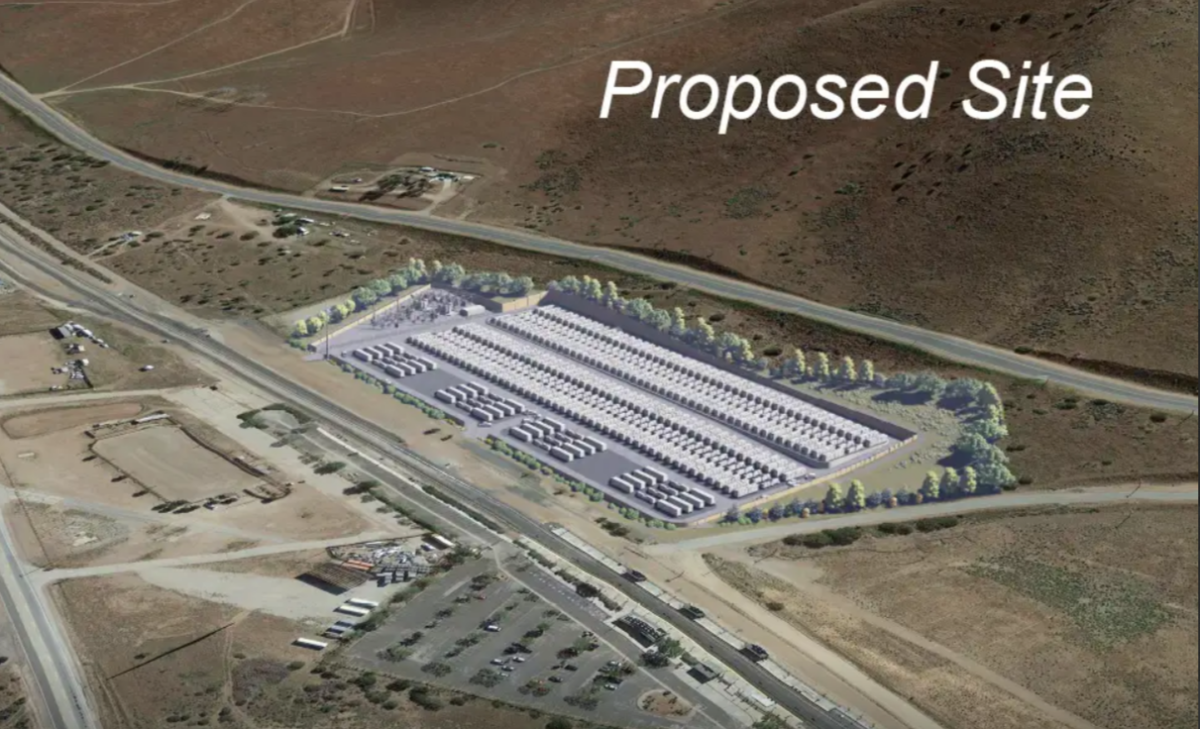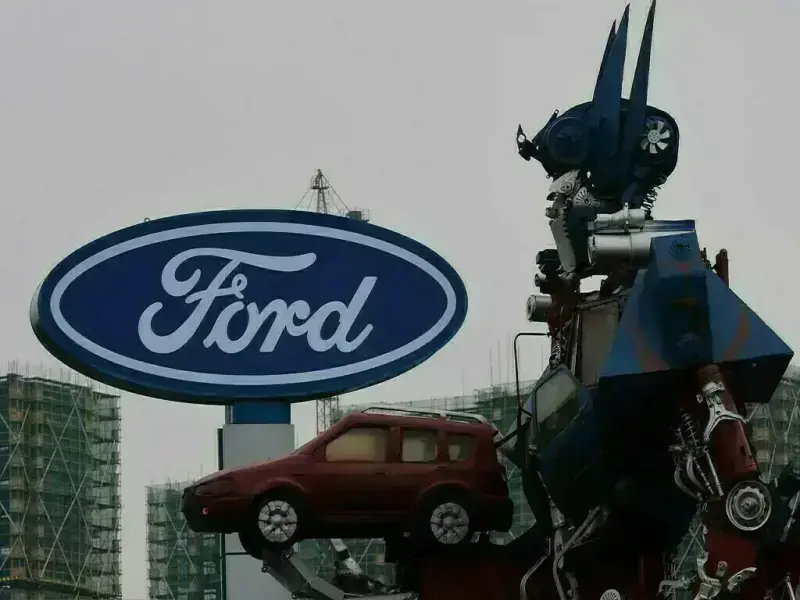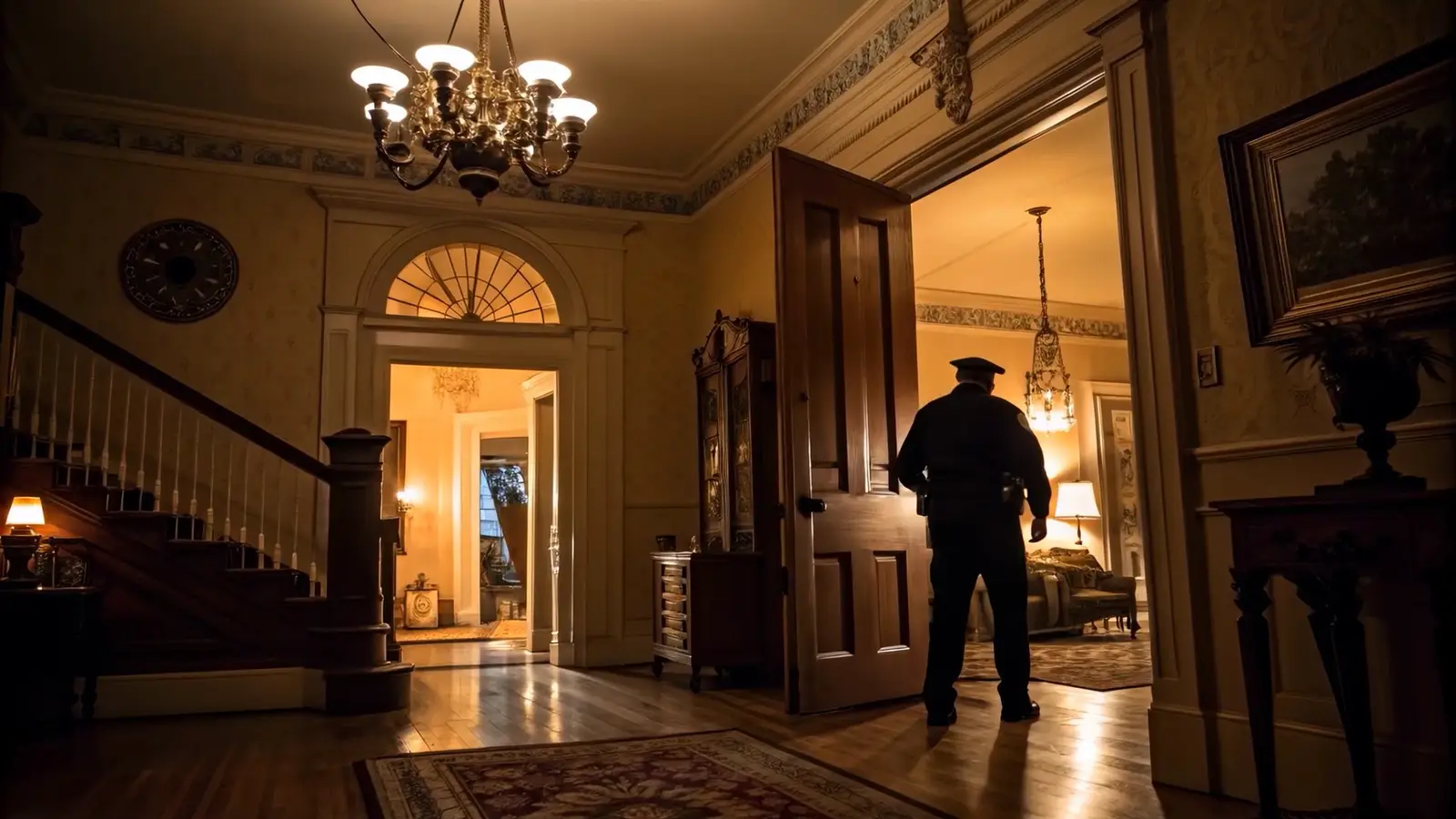Copyright Santa Clarita Valley Signal

A small group of rural citizens claimed victory over the nation’s most populous county in a recent ruling against a 300-megawatt lithium-ion battery energy storage system. Residents have been fighting L.A. County over the facility for more than two years through a community coalition called Save Our Rural Town, or SORT. The focus of their claim: Los Angeles County wasn’t upholding its own zoning rules, turning their quiet community into an industrial zone. Ruthie Brock, who along with Jackie Ayre has been working on the battle for two years as a driving force for SORT, said she understands the revenue incentive, need for energy grid reliability and the state mandates driving the project. But that doesn’t mean she wants the facility in her backyard without any of her residents having a say. “I always lean back on that, ‘right project, wrong location,’” Brock said in a phone interview Tuesday. “I believe if developers are going to prioritize their projects to have lithium-based technology like lithium ion or lithium iron phosphate batteries, that I believe that they should be willing to make a siting location choice away from people.” Alene Taber of Alene Taber Law said the L.A. County Superior Court judge’s decision was based on his agreement with their argument that the county skirted its own rules in the siting of the battery-storage plant, which would have been east of Highway 14, south of the Vincent Hill Station restaurant “It really is a victory for every small town that’s trying to hold on to its identity,” Taber said in a phone interview Tuesday. In granting the initial approval last year, the L.A. County Department of Regional Planning, and then on appeal, the county Board of Supervisors, ruled that the facility should be treated the same as a distribution substation, when technically it’s a transmission facility. Taber, whose firm specializes in “entities and people in communities that have an issue with government overreach,” said that the rules for M-1 zoning don’t allow for planning officials to make interpretive calls on such facilities, which is why Judge Curtis Kin, of the Superior Court’s Stanley Mosk Courthouse in downtown Los Angeles, sided with them. “What I would say is, this case is not the final chapter, that this fight is not going to be over until the county and the state of California confront the BESS fire risks and start to prioritize community safety first,” Taber said. Helen Chavez Garcia, spokeswoman for L.A. County 5th District Supervisor Kathryn Barger, issued a statement on behalf of the county Tuesday: “Supervisor Barger is aware of the court’s recent decision regarding the county Department of Regional Planning’s approval of the battery energy storage system facility,” Chavez Garcia wrote. “Ensuring public safety and compliance with all applicable laws and procedures remain top priorities for the county, and Supervisor Barger is committed to transparency and accountability as this matter continues to be evaluated by the Department of Regional Planning.” Representatives for Fullmark Energy did not immediately respond to a request for comment Tuesday. After hearing residents’ concerns last year, Barger called for the creation of a Los Angeles County ordinance that would regulate the siting and locations of the battery-energy storage systems. That has yet to come back before county supervisors.



